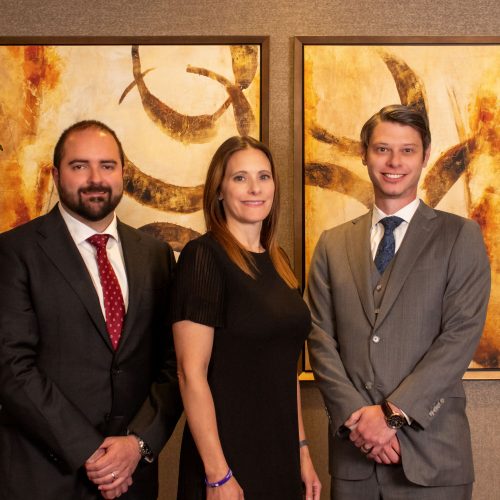Employment Discrimination On Basis of Sexual Orientation or Transgender Status: SCOTUS to Hear Cases Next Term
The U.S. Supreme Court will hear next term three cases questioning whether federal law prohibits discrimination in employment against an individual because of that person’s sexual orientation or gender transformation. Until recently, the caselaw was relatively settled: The ban in Title VII against discrimination because of one’s “sex” did not encompass discrimination because of one’s sexual orientation or transgender status. However, in 2017 and then in 2018, two federal appeals courts, the Seventh and Second Circuits, in full panel rulings reversed prior decisions and held that Title VII barred discrimination because of one’s sexual orientation. The EEOC first began to endorse this position in 2014 though other federal appeals courts have not followed and the Department of Justice supports the older, more established rulings in contradiction to the EEOC.
What To Expect
It is likely, though not entirely certain, that the Supreme Court will issue definitive guidance in a series of decisions probably next Spring. The question has split the lower courts and the Executive Branch, a classic type of situation inviting SCOTUS to define the law. On the other hand, the Supreme Court deferred accepting these cases for resolution 13 different times this term, suggesting a hesitancy on the part of at least five Justices.
What To Do Between Now and Then
The Supreme Court decisions should not change at least locally how employers manage LGBTQ issues. Discrimination in employment against an individual because of one’s sexual orientation or transgender status is illegal under New Jersey, New York, Delaware, and Pennsylvania state law; is illegal under federal law in New York, Connecticut, and Vermont; and federal trial courts in the Third Circuit have become much more willing to permit sexual orientation and transgender claims to be litigated under alternate theories even though the Third Circuit has not conclusively overruled older opinions dismissing such claims.












